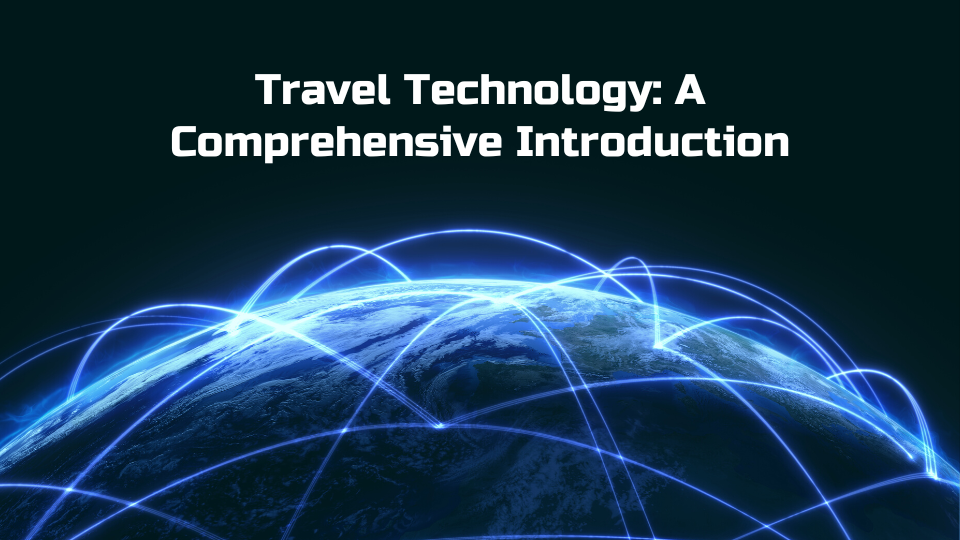Travel Technology: A Comprehensive Introduction

What is Travel Technology?
Travel technology, often referred to as “TravelTech,” encompasses the application of Information Technology (IT) or Information and Communications Technology (ICT) in the travel, tourism, and hospitality industries. It is used to enhance the efficiency and effectiveness of the travel industry by automating various processes.
Also Read:- Technology Trends and Predictions That Will Reshape 2023
Key Components of Travel Technology:
- Global Distribution Systems (GDS): These are vast, real-time reservation systems used worldwide by airlines, hotels, car rental companies, and travel agencies. Examples include Amadeus, Sabre, and Galileo.
- Online Travel Agencies (OTAs): Websites or apps that offer a range of travel products and services directly to consumers. Examples include Expedia, Booking.com, and Kayak.
- Central Reservation Systems (CRS): Used by hotels to manage room inventory, rates, and bookings.
- Property Management Systems (PMS): Software applications used by hotels to manage their daily operations such as room bookings, guest check-in/check-out, room rates, and billing.
- Travel Review Platforms: Websites where travelers can post reviews about accommodations, restaurants, attractions, etc. TripAdvisor is a prime example.
- Travel Analytics: Tools that gather and analyze data related to travel patterns, customer preferences, and sales.
- Mobile Applications: Apps designed for smartphones and tablets that provide travelers with various tools and information, from booking flights and hotels to language translation.
Benefits of Travel Technology:
- Efficiency: Automation of many manual processes, leading to time savings for both travel providers and consumers.
- Cost Savings: Reduced need for physical infrastructure and staff.
- Personalization: Tailored travel recommendations based on user behavior and preferences.
- Real-time Information: Instant updates on flight status, room availability, price changes, etc.
- Global Reach: Travel businesses can reach a global audience with online platforms.
Challenges in Travel Technology:
- Integration Issues: Integrating new technologies with existing systems can be complex.
- Data Security: With the increasing amount of personal data being stored online, security is a significant concern.
- High Competition: The ease of setting up online travel platforms has led to a saturated market.
- Regulatory Challenges: Different countries have different regulations related to online bookings, payments, and customer data.
The Future of Travel Technology:
- Artificial Intelligence (AI): AI can be used for chatbots, personalized recommendations, and predictive analytics.
- Virtual Reality (VR) and Augmented Reality (AR): These can offer virtual tours or enhance real-world experiences.
- Blockchain: Can be used for secure, transparent transactions and loyalty programs.
- Internet of Things (IoT): Smart devices can enhance the guest experience in hotels, from smart rooms to personalized experiences.
In conclusion, travel technology has revolutionized the way we plan, book, and experience travel. As technology continues to evolve, we can expect even more innovations that will make traveling more convenient, enjoyable, and personalized.








